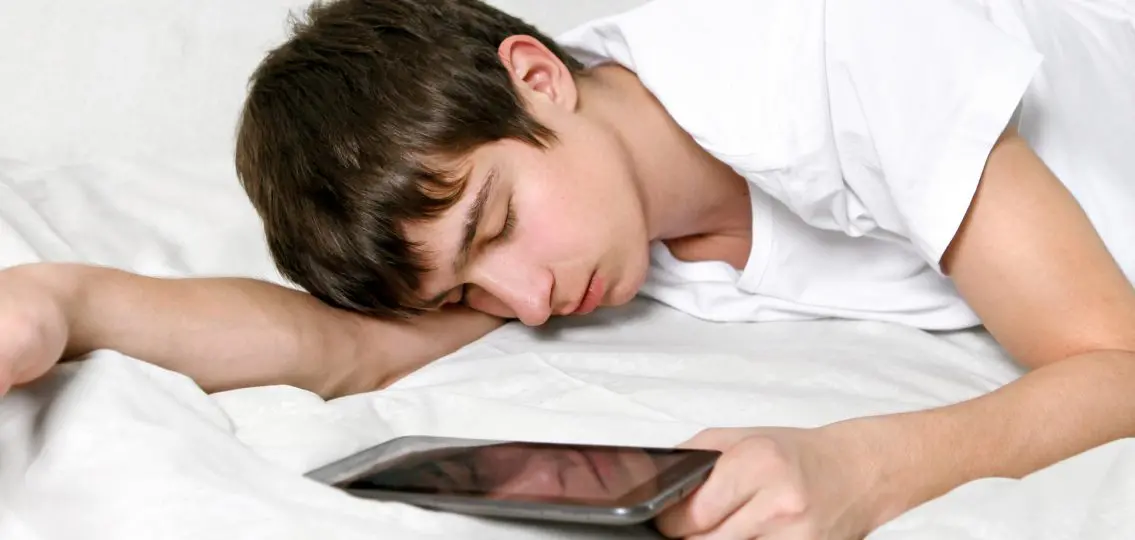It’s that time of year again: daylight savings, when we turn the clocks forward and, ugh, lose an hour of sleep.
Already wondering how it’s going to go on Monday morning when your teenager’s alarm goes off? Probably not so great, says Sasha Carr, Ph.D., a certified sleep consultant with the Family Sleep Institute and founder of Off to Dreamland.
“If you have a teenager, you should be concerned,” explains Carr. “It’s going to be rough on them on Monday morning to get up for school.” Carr says there are ways to adjust to the time change, however.
3 Suggestions for Easing the Transition to Daylight Savings Time:
1. Change the clocks ahead of time.

Or, if you’d rather ease into it, you can move your clocks forward a half hour on Friday and then another half hour on Saturday, adds Carr.
2. Wake up early.
Don’t let your teenager sleep in. Teenagers are biologically designed to want to go to bed later at night and sleep later in the morning than children and adults. But this weekend in particular, says Carr, parents should get their teenagers up at a reasonable hour. “When a teenager sleeps super late on Saturday or Sunday morning and then has trouble getting up on Monday morning, that’s called weekend jetlag,” explains Carr. “I would suggest, especially this weekend, trying to get them up around 8 a.m.”
3. Unplug from technology before bed.
Turn off computers, phones and any other devices, even the television, for 30 minutes before bedtime. “Staring at a screen does a number on melatonin, which is the most important sleep hormone we have,” explains Carr. “It’s been shown that just looking at a screen for even 10 seconds in the half hour before you’re trying to go to sleep will affect the secretion of melatonin in the brain … it’s like turning all the lights on in your house.”
The good news, says Carr, is that within a few days, your teenager should have made up for whatever sleep deficit daylight savings causes.
But in the meantime, anticipate some grumpiness.
“Unfortunately, I would put teenagers in the group that has the hardest time with daylight savings,” says Carr. “But they eventually make up for it because they’ll start to go to bed earlier once they make the adjustment.”





